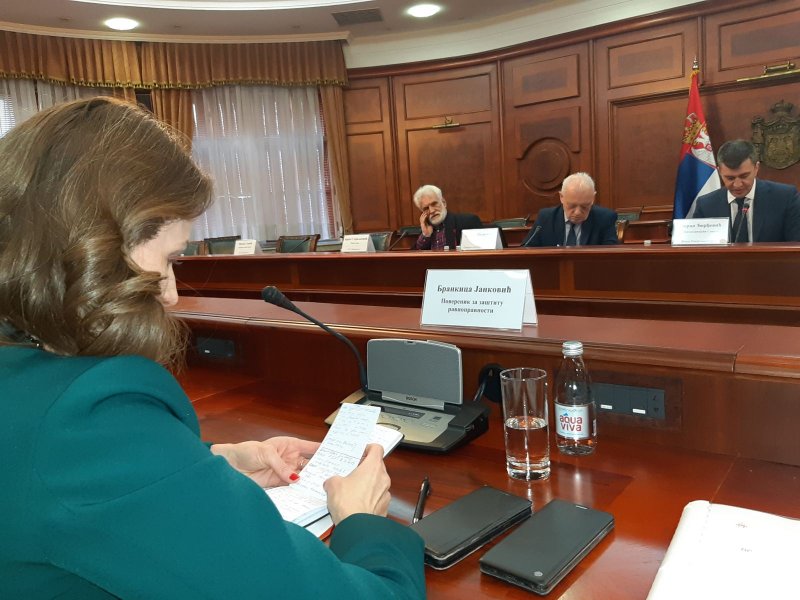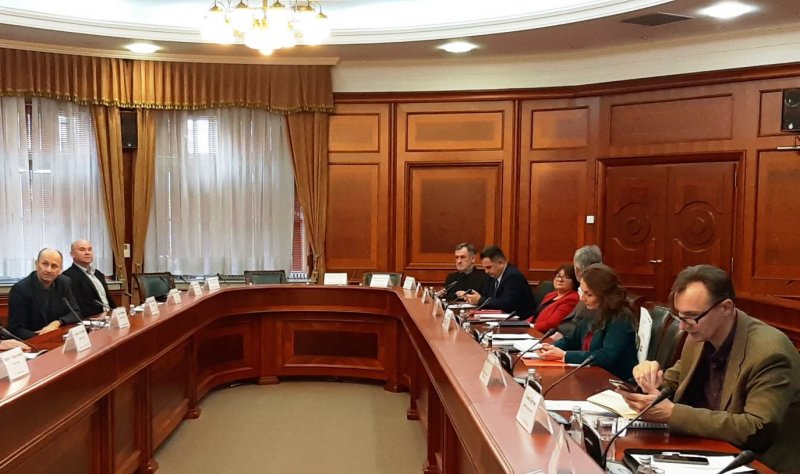The Commissioner for Protection of Equality Brankica Janković participated in the session of the Socio-Economic Council of the Republic of Serbia where she presented a comprehensive overview of the situation in the field of discrimination in the labor and employment and presented the most important conclusions from the Special report on discrimination in the field of labor and employment, submitted to the National Assembly of the Republic of Serbia in December, 2019.
Emphasizing that the right to work is one of the most important human rights, which is closely connected with the existence of each individual but also the development of the whole society, the commissioner pointed out that citizens have filed the largest number of complaints in this area during 10 years of work.
She stated that discrimination based on gender and marital status is the dominant basis of discrimination in the labor market, which is especially faced by young women entering the labor market, as well as women over the age of 50, even though the equal inclusion of women would greatly contribute to an increase in gross domestic product. Also, the commissioner referred to the increased number of complaints due to discrimination based on membership in political, trade union and other organizations, which indicates the position of organizations and the exercise of the rights of their members.
The Commissioner specifically pointed out possible solutions and recommendations for the improvement of equality in the field of work and employment, which would significantly affect the reduction of discrimination in this area. These include: improving regulations regarding working hours flexibility, strengthening inspection bodies, encouraging social dialogue, strengthening the capacity of state institutions and consistent application of regulations and recommendations of international bodies. Also, it is necessary to promote employment on the basis of qualifications and competencies, regardless of membership in political and other organizations, and to encourage balanced regional and infrastructural development, subsidizing domestic employers, as well as harmonizing education with labor market needs, Jankovic concluded.




